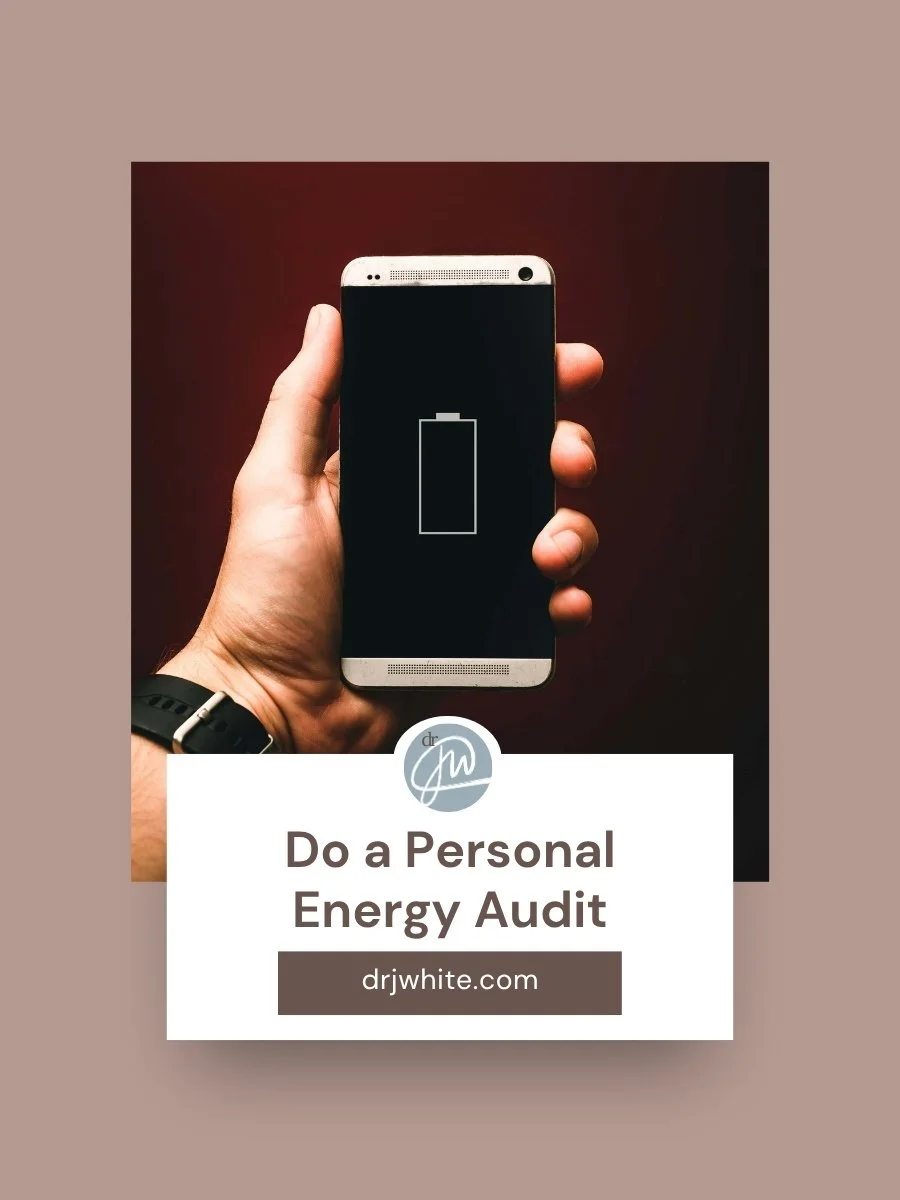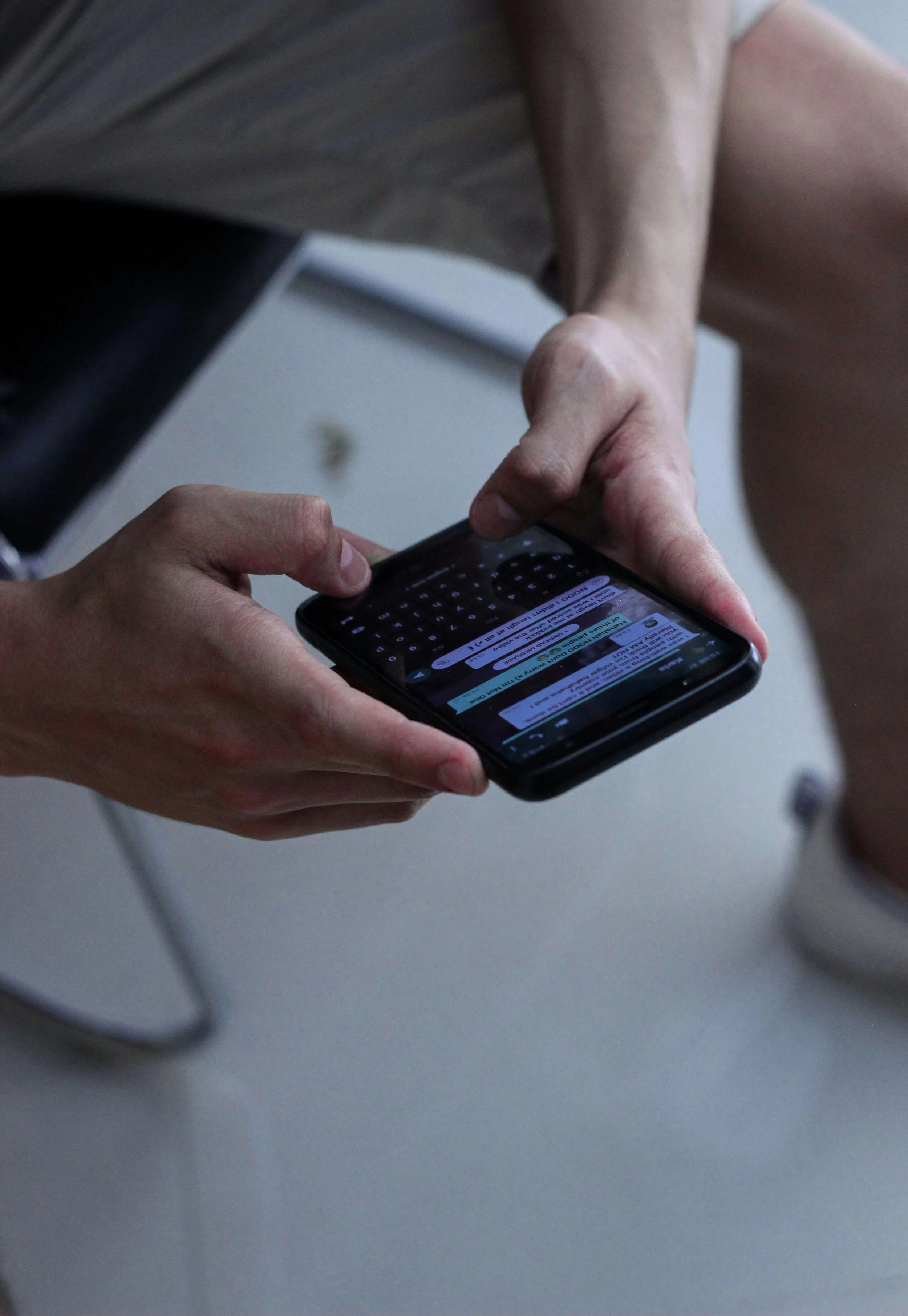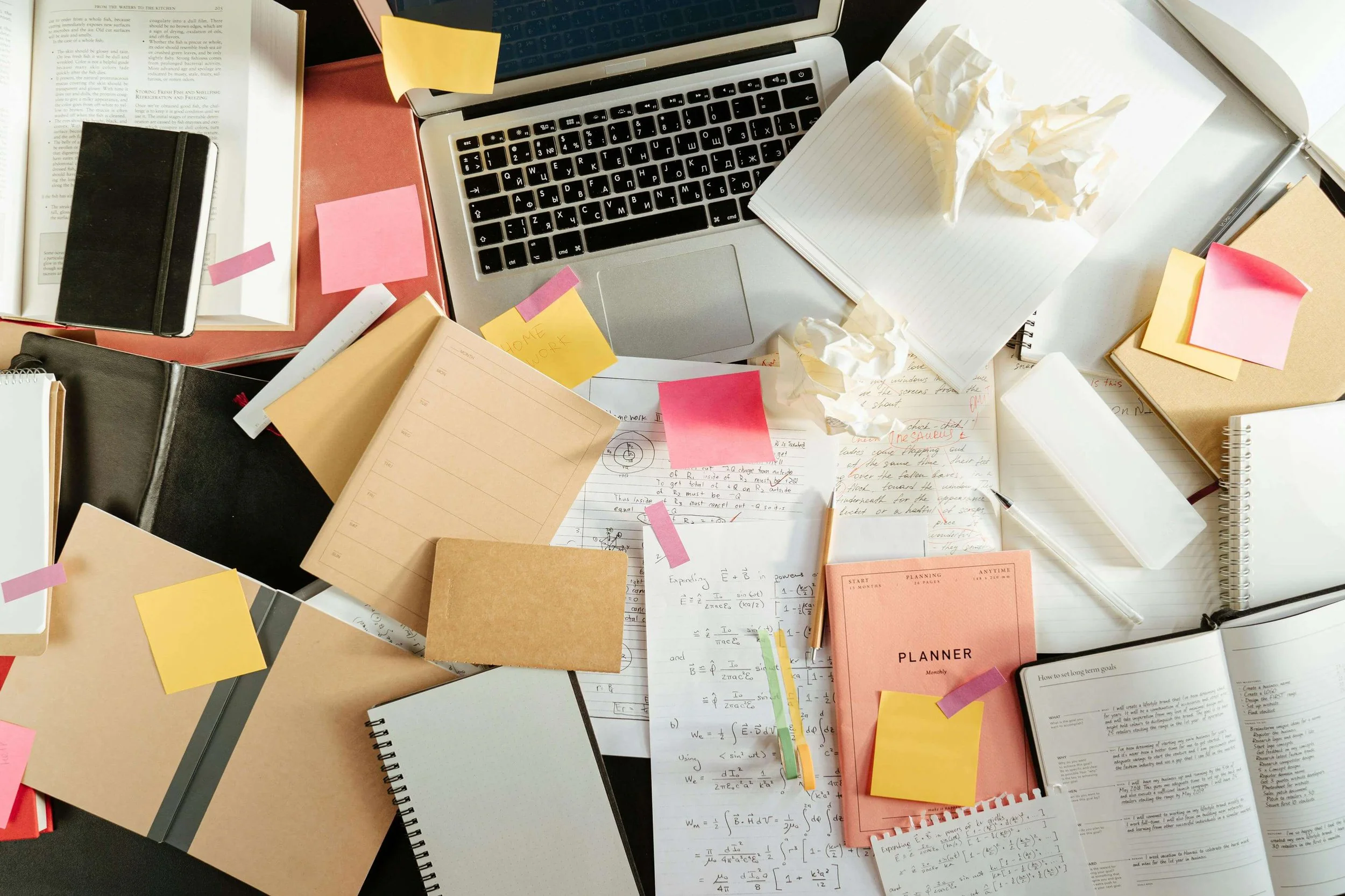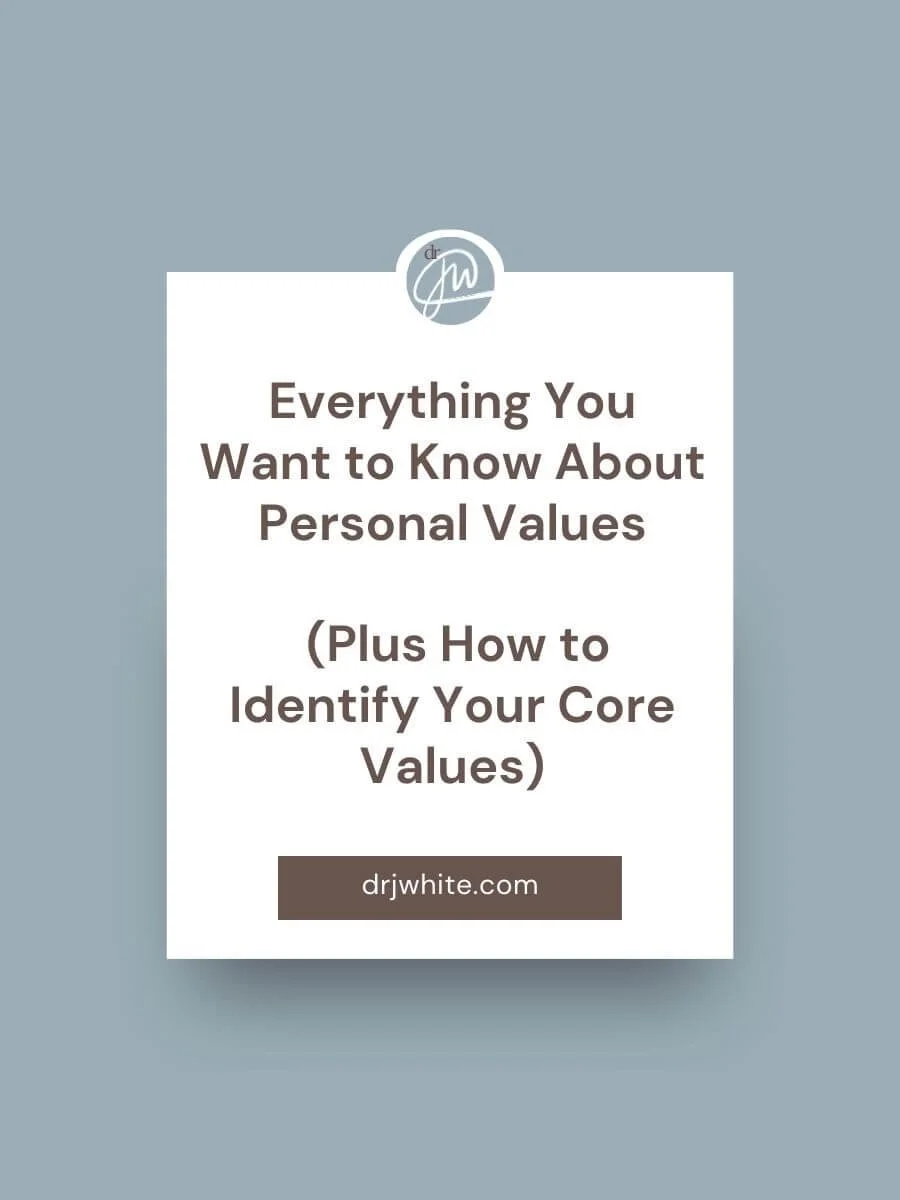Do a Personal Energy Audit
A few years ago, when my husband and I moved into our new home, we scheduled something called an energy audit. A specialist came in and evaluated various aspects of our home to identify areas where we could make adjustments—some relatively minor, others more involved—that would save money and conserve energy.
Lately, I’ve been thinking about how that same concept might apply to other areas of life. What if we did an energy audit for ourselves? Could we take stock of the environments we live in and the choices we make to see how they impact our mood, well-being, and personal energy?
In a world where we’re constantly connected and have nearly instant access to almost anything, there are certainly perks. But there may also be subtle stressors we’ve come to accept as normal.
What would happen if we paused to examine the influences around us?
DISCLAIMER: I am a licensed clinical psychologist, and the information provided here is for general informational and educational purposes only. While I aim to share helpful and thoughtful content, reading this blog does not establish or imply a therapist-client relationship between us.
If you are experiencing a mental health crisis, please seek immediate help from a licensed professional or contact emergency services in your area. This blog should not be a substitute for professional mental health care or personalized guidance.
For personalized support or therapy services, please reach out directly to a licensed mental health provider in your area.
What Affects Your Personal Energy?
When we talk about energy in this context, we're not referring to calories or electricity—we're talking about what fills your cup or drains it. Some of the most common influences include the media you consume, your work environment, and the people in your life.
Take a moment to reflect: What do you interact with daily that might be shaping your thoughts, feelings, or decisions?
Daily Influences That Affect Mental Energy
Media & Technology
For many of us, media plays a significant role in our daily lives—social media, TV, movies, books, news, and more.
We tend to follow content we enjoy, which shapes the algorithms that feed us even more of the same. While that can be helpful or entertaining, it can also become overwhelming. We may lose track of time, become emotionally overstimulated, or fall into the trap of comparing ourselves to highly curated highlight reels—forgetting that even a 30-second TikTok may have taken hours to create. (Want to learn more? Add this post to your reading list: Social Comparison)
Streaming platforms suggest content based on past choices, nudging us into familiar patterns. And let’s not forget the news: even with strong boundaries, headlines still find their way in—through conversations, push notifications, or background noise.
Even the books or magazines we read can influence our mindset. If you’re three crime thrillers deep this month, you might start jumping at every creak in your house.
Technology in general can be a major source of energy depletion. Constant notifications, Slack or email pings, and the habit of jumping between apps—or even juggling multiple screens at once—can leave us feeling scattered and fatigued. I’ve written previously about the importance of setting boundaries with our devices, both at work and at home, and it remains a key component of protecting your personal energy.
If you’d like more suggestions on how to set boundaries, add these blog posts to your reading list:
Setting Boundaries at Home: Is Your Smartphone Causing You Stress?
Setting Boundaries at Work: Setting Boundaries with Work Email
Workplace Culture and Your Energy
Most of us spend a significant portion of our lives working—whether in an office, remotely, or running our own business. Every workplace has a culture—spoken or unspoken—around how time is managed, which behaviors are rewarded, and how people interact.
Even if you enjoy your work, it's worth asking:
Does this environment energize or drain me?
Do the expectations and culture align with my values?
Friends and Family Can Either Drain or Recharge You
The people closest to us—friends, family, neighbors—can significantly influence how we think, feel, and act.
Sometimes the influence is subtle. Your neighbor gets a new car, and suddenly you’re wondering if it’s time for an upgrade. Or a friend lands an exciting new job, and you begin to second-guess your own path.
We often turn to loved ones for advice, support, and connection. But it’s important to notice whether those interactions are energizing or draining.
This is especially true for introverts and people-pleasers. It’s worth paying attention to what you're engaging with and why, and recognizing when it might be time to set a boundary or create space to recharge.
Physical Health & Environment
We can’t talk about energy without touching on our physical wellness and surroundings.
Is your home or workspace cluttered, noisy, or disorganized? Or does it feel calming and connected to who you are? Factors like lighting, temperature, noise level, and even décor can have a meaningful effect on how you feel.
And of course, taking care of your body—through sleep, nutrition, hydration, and movement—plays a key role in your overall energy levels. If your basic needs aren’t being met, it’s much harder to feel grounded, focused, or fulfilled.
How to Do a Personal Energy Audit
Start by reflecting mindfully. Consider the people, places, habits, and content that shape your day-to-day life.
Ask yourself:
Do these things align with my values and goals? (Not sure how to identify your values? This activity will help.)
Which influences are within my control?
Are there patterns or themes in what I’m consuming or surrounding myself with?
Try the following steps:
Unfollow or mute content that doesn’t serve you.
Take a break from certain environments or relationships, especially if they consistently leave you feeling depleted.
Change things up by slowing down, engaging in self-care, or trying something outside your usual routine. For example, if you always read historical fiction, try a sci-fi novel or memoir instead. New experiences can open up fresh perspectives and boost creativity. (Want more ways to engage in self-care? Check out this blog post: Self-Care is Not Selfish)
When to Ask for Help
If you decide to do a personal energy audit—or if you’d like help getting started—I’d love to support you. Sometimes we’re so immersed in our routines that it’s hard to see the forest for the trees. Reach out if you’d like a thoughtful partner in the process.







